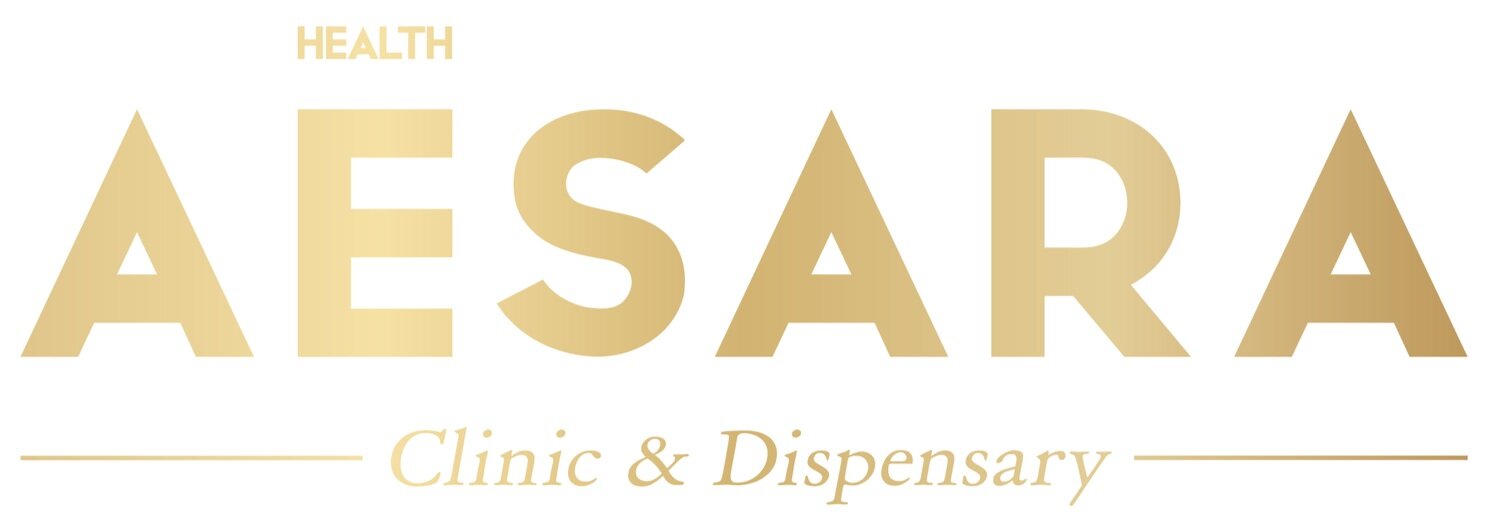Psychology & Psychotherapy
At some stage of our human existence, suffering from trauma or a difficult life experience is inevitable. Psychologists and psychotherapists can help a person to understand and cope with these challenging internal responses through use of clinically indicated forms of therapy,
During such times, people may experience:
Mood disorder (depression, PMDD)
Anxiety disorder (generalised, health, social, perinatal)
Relationship and communication issues
Low self-esteem and body image issues
Adjustment disorder
Trauma, grief, and loss
Somatisation (e.g. conversion of emotions to physical symptoms)
Obsessive compulsions
Self-harm and suicidal thoughts
Alcohol and other drug use
Emotional dysregulation
Insomnia
Traditional Talk Therapy
Cognitive-behavioural therapy (CBT)
CBT is a common form of psychotherapy. The ‘C’ stands for cognitive therapy, which helps people to identify and challenge unhelpful and self-defeating thought patterns. The ‘B’ stands for behavioural therapy and is focused on replacing ineffective behaviours with more helpful behavioural strategies for positive life outcomes.
Acceptance and commitment therapy (ACT)
The goal of ACT is to create a rich and meaningful life, while accepting the pain that inevitably goes with it. The approach aims to help people to identify and let go of unhelpful thoughts, through use of an eclectic mix of metaphor, paradox, and mindfulness skills, and values-guided behavioural interventions.
Psychotherapy
Your practitioner may utilise one or more of the following:
Intensive short-term dynamic psychotherapy (ISTDP)
ISTDP has grown in popularity worldwide. The approach aims to identify and resolve mixed feelings which have been avoided or pushed down, often because of painful life experiences. The ways in which we avoid difficult feelings are identified and addressed by ISTDP therapists, which can help mobilise avoided emotions to come to the surface to allow for personal growth and freedom.
Internal Family Systems
Internal Family Systems (IFS) views the mind as a system of distinct inner parts, each with specific emotions, beliefs, and functions—such as protectors or exiles. Through fostering connection with the core Self, individuals can work to unblend, understand, and integrate these parts, promoting psychological flexibility and internal harmony.
Schema Therapy
Schema Therapy is an integrative psychotherapy that focuses on identifying and changing deeply rooted patterns of thinking or 'schemas' formed in childhood. It combines cognitive, behavioral, and experiential techniques to help individuals meet unmet emotional needs and develop healthier coping strategies.
Eye Movement Desensitization and Reprocessing (EMDR)
EMDR is a structured therapy that helps individuals process and integrate distressing memories using bilateral stimulation, such as eye movements. It aims to reduce the emotional intensity of traumatic experiences and address painful thoughts about the past to support wellbeing in the present.
Meet Our Northcote Psychologists & Psychotherapists
ALICE CROLE
Clinical Psychologist
STEPHANIE FUNG
Clinical Psychologist
TRINA FAZIO
Counsellor | Psychotherapist
GIORGIA DESLANDES
Counsellor | Psychotherapist
JOANNE KOSTOPOULOS
Psychologist (Clinical Registrar)
AMBREEN MIRZA
Psychologist (Clinical Registrar)
TRINA FAZIO
Counsellor | Psychotherapist
CRISTINA JIMÉNEZ
Integrative Counsellor | Psychotherapist
TENA DAVIES
Clinical Psychologist
Meet Our Brunswick East Psychologists & Psychotherapists
HARRY CONSTANTINOU
Psychologist | Psychoanalyst
DAVINA VORCHHEIMER
Psychologist
BERNADETTE JENNER
Clinical Psychologist
DANIEL JONES
Clinical Psychologist
MILANDA MATTHEWS
Clinical Neuropsychologist
MONIQUE PITTAS
Registered Psychologist















